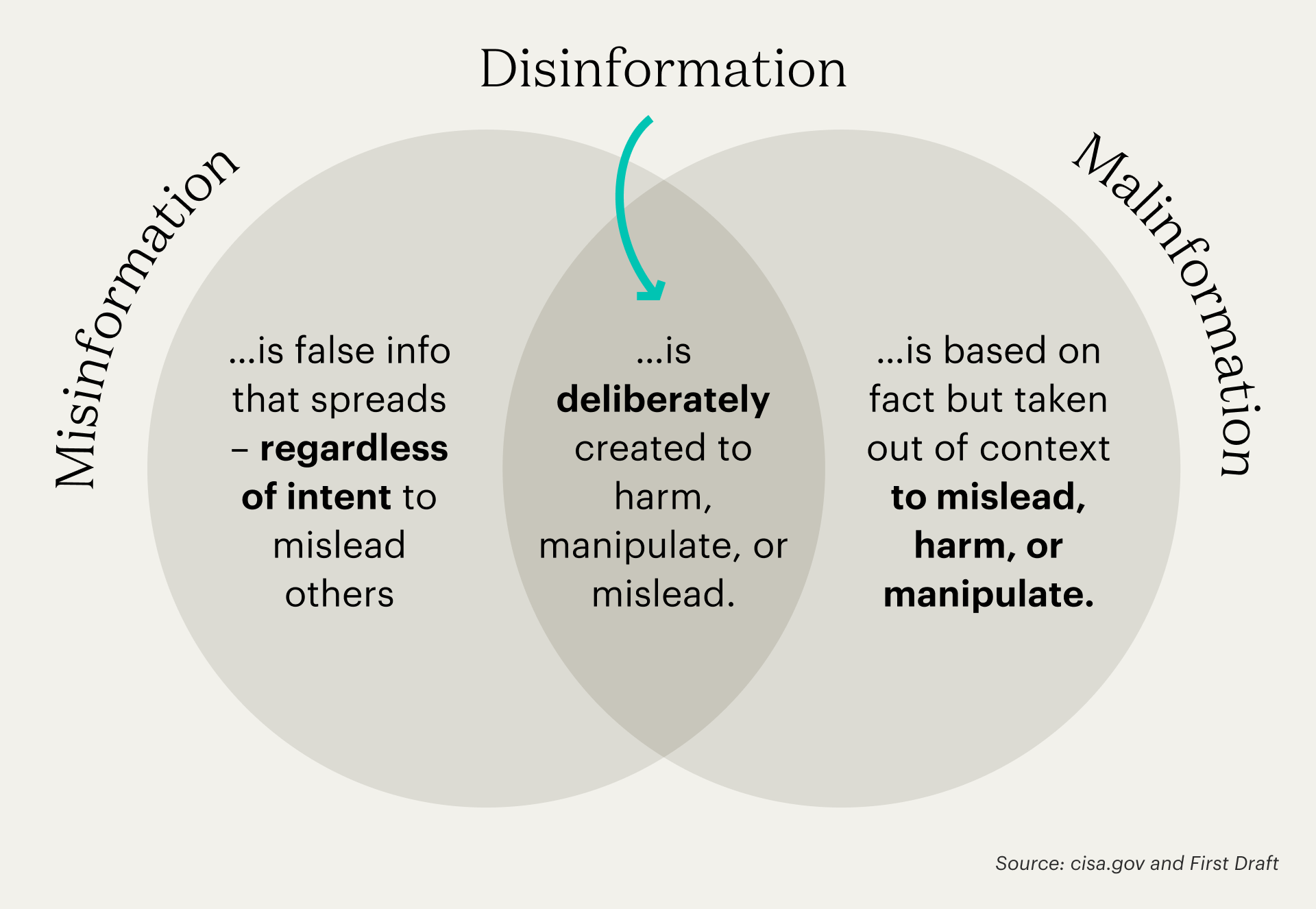Anti-Trump Sentiment Divides Canada: Alberta's Exception

Table of Contents
Alberta's Conservative Political Landscape
Alberta has a long history of conservative dominance, deeply intertwined with its resource-based economy and a generally more right-leaning political culture than other Canadian provinces. This inherent political predisposition made many Albertans more receptive to Trump's populist appeal and his conservative policy platform. This is a key factor in understanding the lower levels of anti-Trump sentiment compared to other parts of Canada.
-
Strong support for the oil and gas industry: Trump's promises to deregulate the energy sector and support pipeline projects directly aligned with Alberta's economic priorities, fostering positive sentiment. The perceived threat posed by environmental regulations in other parts of North America reinforced this alignment.
-
Historical feelings of Western alienation: Alberta has long felt underrepresented and overlooked by the federal government in Ottawa. This historical "Western alienation" fueled a sense of disconnect and a willingness to consider alternative political alliances, even those outside of Canada. Trump's anti-establishment rhetoric resonated with this sentiment.
-
Perception of economic self-interest: Many Albertans perceived Trump's policies, despite criticisms elsewhere, as potentially beneficial to their provincial economy. This pragmatic approach prioritized perceived economic gains over broader concerns about Trump's style or other policies.
-
Influence of conservative media outlets: The media landscape in Alberta, with a stronger presence of conservative outlets, likely contributed to shaping public opinion, potentially reinforcing pre-existing biases and providing alternative narratives about the Trump presidency.
Economic Factors and the Oil Industry
The Alberta economy is heavily reliant on the oil and gas sector. This economic dependence directly explains much of the less negative reaction to Trump's presidency. Trump's promises of deregulation and support for vital pipeline projects resonated strongly with Albertans, who saw these policies as essential for economic growth and job security.
-
The Keystone XL Pipeline: Trump's supportive stance on the Keystone XL pipeline, a project of significant importance to Alberta, was widely viewed as a positive development. This single policy decision significantly influenced public perception.
-
Resentment towards Federal Policies: Perceived hostility from the Canadian federal government towards the oil and gas industry fueled resentment and a desire for alternative political alliances, making Trump's approach – however controversial – more appealing.
-
Economic Uncertainty: Fluctuating oil prices and environmental regulations created economic uncertainty, making Trump's promises of deregulation and energy sector support seem attractive, even if those promises were not fully realized.
Cultural and Social Differences
Alberta’s cultural landscape differs significantly from other Canadian provinces. A higher proportion of rural populations and a stronger emphasis on individualism contribute to a more receptive audience for populist rhetoric. This difference in cultural values partly explains the divergence in anti-Trump sentiment.
-
Rural vs. Urban Divide: The stronger rural presence in Alberta compared to other provinces may have influenced the reception of Trump's message, which often targeted rural communities.
-
Conservative Social Values: Alberta generally holds more conservative social views compared to other provinces, potentially aligning more closely with some of Trump's social policies, creating a shared ideological ground.
-
Populist Appeal: Trump's populist message, emphasizing the concerns of the "common man," resonated with a segment of the Albertan population feeling marginalized by both federal and international policies.
The Role of Media and Information Consumption
The way Albertans consumed news and information significantly influenced their views on Trump. The influence of conservative media outlets in Alberta may have contributed to a more favorable view of Trump amongst certain segments of the population, creating information bubbles.
-
Alternative Media Sources: Exposure to alternative media sources presenting a different narrative about Trump’s presidency played a significant role in shaping public opinion.
-
Echo Chambers and Information Bubbles: The creation of echo chambers and information bubbles reinforced pre-existing beliefs and limited exposure to alternative perspectives on Trump’s policies and actions.
-
Selective Information Consumption: The selective consumption of information may have resulted in a biased understanding of the Trump presidency, reducing the impact of negative news.
Conclusion
While much of Canada displayed strong anti-Trump sentiment, Alberta's experience offers a nuanced perspective on the issue. The province's unique political landscape, economic dependence on the oil and gas industry, cultural values, and media consumption patterns all played a role in shaping a relatively less negative reaction to his presidency. Understanding these factors is crucial for analyzing political divisions within Canada and comprehending the complex interplay between national and regional identities. Further research into the evolution of anti-Trump sentiment and its regional variations in Canada is necessary to fully grasp the dynamics of this significant political phenomenon. Understanding the nuances of anti-Trump sentiment, particularly the Alberta exception, is vital for navigating the complexities of Canadian politics. Continue exploring the complexities of anti-Trump sentiment and its regional impact to gain a deeper understanding of Canadian political dynamics.

Featured Posts
-
 Juliette Binoche To Lead Cannes Film Festival Jury
Apr 27, 2025
Juliette Binoche To Lead Cannes Film Festival Jury
Apr 27, 2025 -
 Dissecting The Disinformation Claims An Opinion On The Cdcs Recent Hire
Apr 27, 2025
Dissecting The Disinformation Claims An Opinion On The Cdcs Recent Hire
Apr 27, 2025 -
 El Metodo Alberto Ardila Olivares Para Garantizar Goles
Apr 27, 2025
El Metodo Alberto Ardila Olivares Para Garantizar Goles
Apr 27, 2025 -
 Accor Reports Canadas Rising Popularity As A Tourist Hotspot
Apr 27, 2025
Accor Reports Canadas Rising Popularity As A Tourist Hotspot
Apr 27, 2025 -
 Blue Origins New Shepard Launch Delayed Subsystem Issue Identified
Apr 27, 2025
Blue Origins New Shepard Launch Delayed Subsystem Issue Identified
Apr 27, 2025
